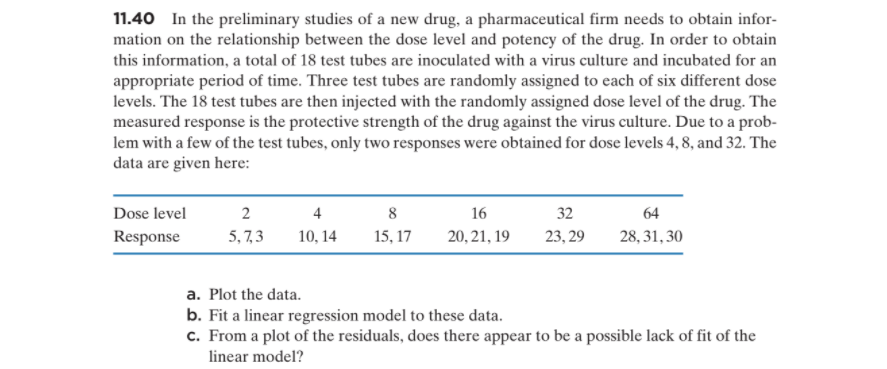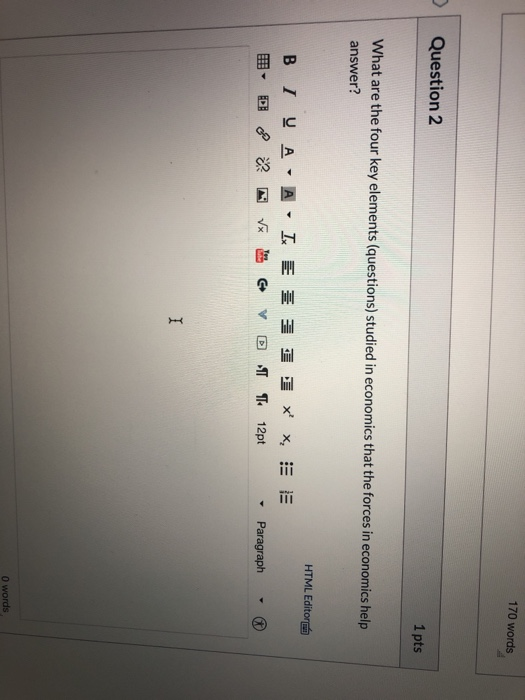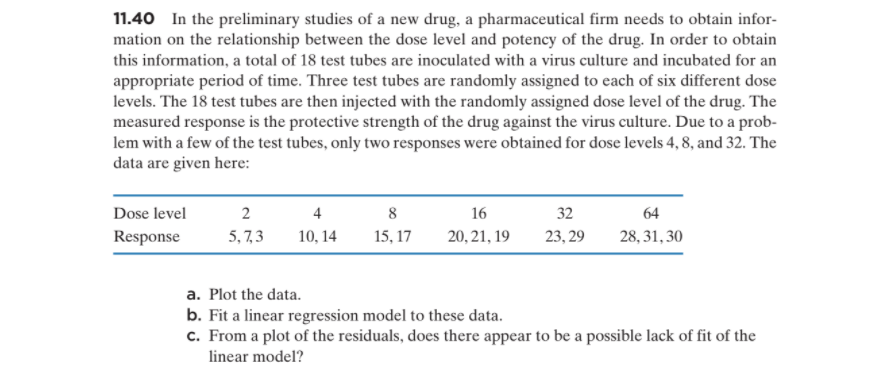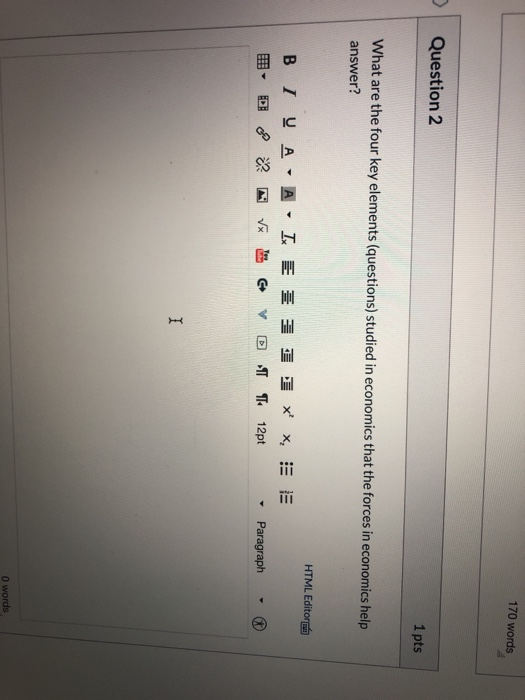Question
The Telecoms supply chain This article illustrates how a more dynamic supply chain can place pressures on business within the supply chain. Ever shorter product





The Telecoms supply chain This article illustrates how a more dynamic supply chain can place pressures on business within the supply chain. Ever shorter product cycles and intense competition in the high-tech world have fuelled a boom for electronic manufacturing services (EMS) companies, such as Finland's Elcoteq. Less well known than North American rivals, such as Solectron, SCI Systems and Celestica, Elcoteq has grown rapidly to be Europe's largest EMS company. Its sales increased 194 per cent to ?2.2bn in 2000 while operating profit quadrupled to ?66m. Elcoteq specializes in communications electronics and its customers include most of the big operators in northern Europe including Ericsson, Nokia and Philips. In recent years, the communications sector has regularly outgrown other electronics markets. The explosion in mobile phone usage has led brand-name manufacturers such as Ericsson to hand over much of the manufacturing to EMS companies in an attempt to keep up with soaring demand for handsets. But EMS companies face the same volatile business cycles that cause the brand-name manufacturers to outsource. The fast-changing market conditions that have driven growth in the EMS market can suddenly turn against these companies, as Elcoteq has discovered to its cost with the recent downturn in the communications sector. Elcoteq commited the cardinal sin for an EMS company of being too attached to one market - mobile phones - and, even worse, too dependent on one or two big customers. In 2000, 75 per cent of Elcoteq's sales were related to mobile phones and just two customers, Ericsson and Nokia, contributed 92 per cent of its entire sales. While Nokia has adapted reasonably successfully to the current downturn in the communications market, Ericsson has fared less well. Even before the market suddenly changed for the worse, investors had been calling for Ericsson to get out of manufacturing mobile phones where it was engaged in a losing battle with Nokia. In January, Ericsson duly announced it would abandon the production of mobile phones and hand over half a dozen Ericsson factories and 4,200 workers to Flextronics, which will thus becomes the sole manufacturer for cellular phones sold under the Ericsson brand. The deal fell like a bombshell at Elcoteq's headquarters in Helsinki and Elcoteq's share price fell 55 per cent in a single day. The shock announcement was particularly surprising because only three months earlier, Ericsson had agreed to substantially increase its outsourcing of mobile phone manufacturing to Elcoteq. The relationship between Elcoteq and Ericsson stretches back more than 15 years to when Elcoteq, then known as Lohja Microelectronics, was a small electronics company in the town of Lohja in southern Finland. Because of their history of working together, Elcoteq had grown to believe it was the preferred EMS partner for the Swedish phone giant and there seemed little reason for that to change. "Our business prospects for the year 2001 with Ericsson, as well as with other major customers, are very encouraging," said Tuomo Lhdesmki, Elcoteq president, at the time of Ericsson's ill-fated agreement with Elcoteq last year. Elcoteq worked with Ericsson to pioneer the technique of "box-build" manufacturing, in which the EMS supplier is responsible for complete manufacturing of the branded product including end-user packaging and shipment direct to the distribution chain. Elcoteq claims it was the first EMS company to use the box-build technique for mobile phones and it has been making Ericcson GSM phones this way at its factory in Tallinn, Estonia since 1997. Last year's ill-fated agreement would have boosted capacity at this plant and, most notably, at one of Elcoteq's newest factories in Hungary. Following Ericsson's about-turn, these expansion plans have had to be scrapped and, while both plants will continue making mobile phones and other products for other customers, they will no longer make Ericsson phones. Around 600 jobs have been cut at the Tallinn factory and 800 jobs will go from the Hungarian plant. The consequences of the economic down-turn and, more specifically, Ericsson's decision to change EMS supplier, are readily apparent in Elcoteq's most recent financial results, which cover the first quarter of 2001. After regularly achieving double-digit revenue growth rates between successive quarters, Elcoteq had to report a 30 per cent drop in sales to ?481m during the first three months of 2001. The costs associated with the rapid run-down of mobile phone production for Ericsson caused the company to report a small pre-tax loss for the quarter. EMS companies run to a lean business model and Ericsson's about-turn has wreaked havoc on Elcoteq's balance sheet, causing a slowdown in inventory turnover, a temporary increase in accounts receivable, as well as higher financing costs. The company expects these key figures to return to normal once production of Ericsson mobile phones finally ends. Ericsson is not completely to blame for Elcoteq's problems. Indeed, in an attempt to patch up their relationship, Ericsson recently signed a new long-term agreement covering Ericsson's mobile communications systems - not handsets - which will see Elcoteq become "preferred global supplier" for certain Ericsson products. The agreement aims to "substantially increase" Elcoteq's role as supplier to Ericsson within this area and it fits well with Elcoteq's strategy of boosting its presence in new markets. The company finds itself at a delicate turning point. It wants to reduce its heavy dependence on the mobile phone market and increase its presence in network equipment and industrial electronics, which today account for 8 per cent and 11 per cent of Elcoteq's sales respectively. But this move could not have come at a worse time, for the telecommunications industry is now postponing capital investments, particularly in the new network equipment that will power tomorrow's next generation of cellular networks. Required: a) What are the contractual implications for managers of the dynamic supply chain illustrated by this article? (10marks) b) Develop a set of contractual guidelines based on the article that Elcoteq could have followed (10marks)





Step by Step Solution
There are 3 Steps involved in it
Step: 1

Get Instant Access to Expert-Tailored Solutions
See step-by-step solutions with expert insights and AI powered tools for academic success
Step: 2

Step: 3

Ace Your Homework with AI
Get the answers you need in no time with our AI-driven, step-by-step assistance
Get Started


